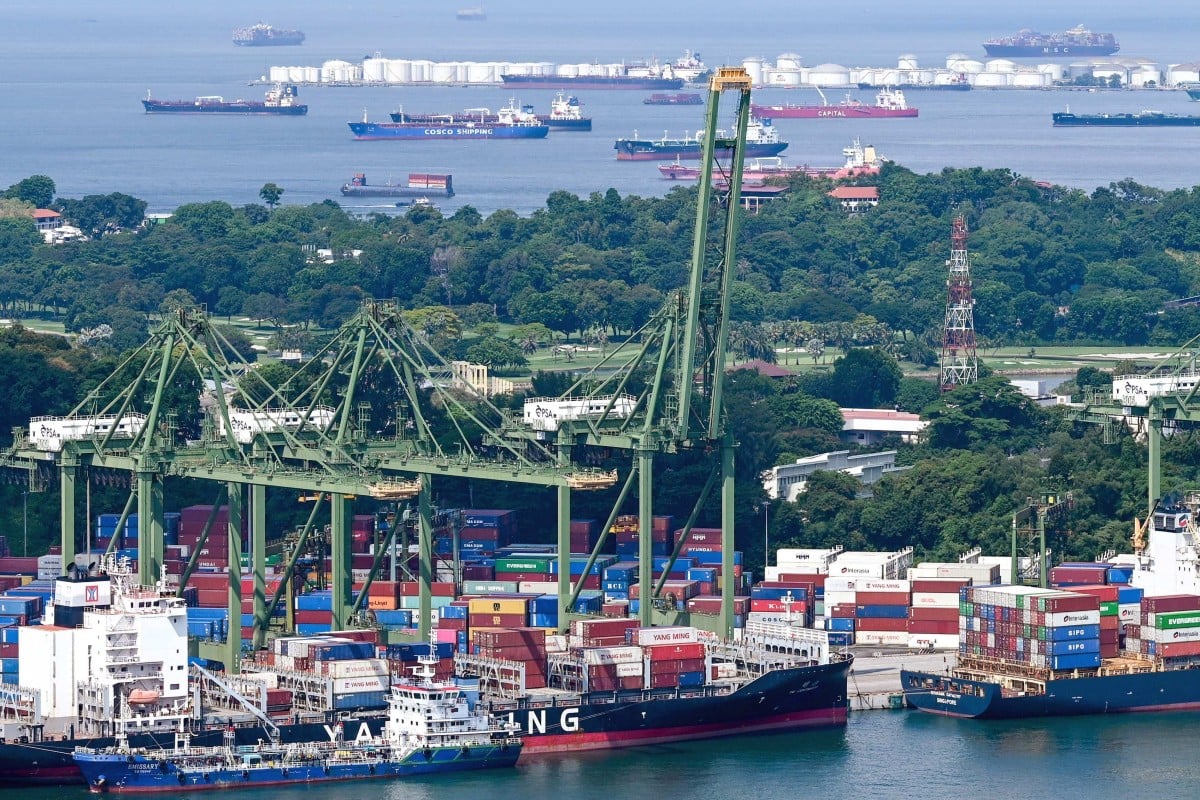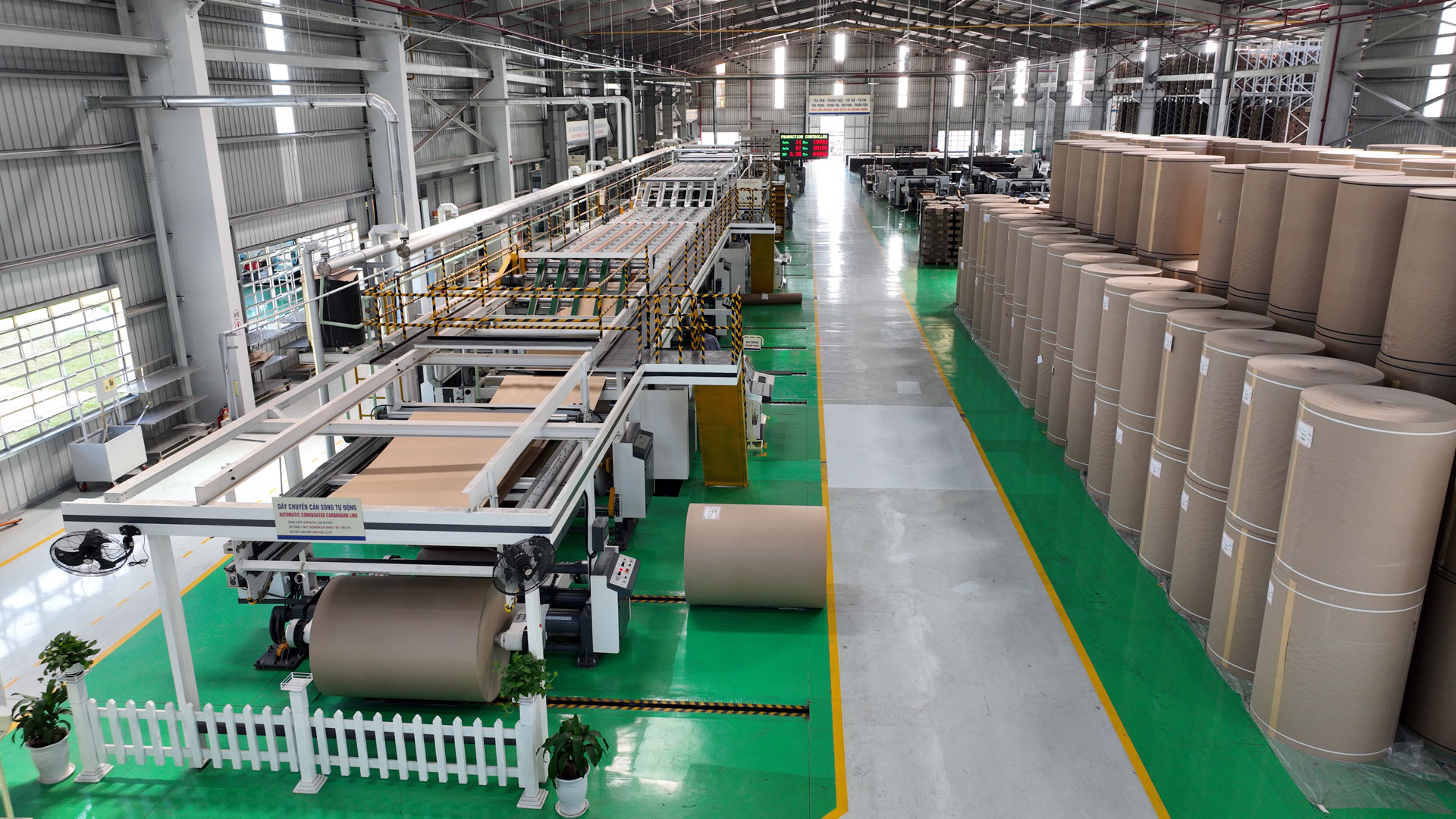Port Congestion in Singapore Spreads to Malaysia
International media reports indicate that the container ship congestion at Singapore - one of Asia's busiest ports - has reached its worst level since the pandemic and has now spread to nearby ports like those in Malaysia. This situation poses a risk to the global supply chain and is causing delays in the shipment of goods within the region.

On July 9, the South China Morning Post reported that around 20 container ships were anchored in clusters off Port Klang on the west coast of Malaysia, near Kuala Lumpur.
Both Port Klang and Singapore are located along the Strait of Malacca, a vital waterway connecting Europe and the Middle East with East Asia.
The maritime congestion is occurring because current ships are avoiding the Suez Canal and the Red Sea due to attacks by Houthi forces. Many ships heading to Asia are opting to detour around the southern tip of Africa, meaning they cannot refuel or offload goods in the Middle East.
"Port Klang is an important hub due to its proximity to Kuala Lumpur, but such long queues are very rare. Observations show that many ships have to unload at the port," the South China Morning Post reported.
Additionally, some other ports in Singapore and Tanjung Pelepas, a Malaysian port just across the border from Singapore, also appear to be full. Analysts predict that the port congestion may last until August this year.
Other Challenges to the Global Supply Chain
Container shipping rates have skyrocketed due to delays and changes in shipping routes. According to the Financial Times, rates have increased fivefold over the past year, and it's only a matter of time before consumers bear part of the additional costs.
As the world's largest transshipment hub, Singapore's container port connects over 600 ports in 123 countries and has an annual capacity of around 50 million TEUs. The situation becomes critical when congestion at such a large hub begins to cause a domino effect on nearby ports. This rare phenomenon is now spreading to neighboring Malaysia.
The reason is that ships are rerouting to avoid attacks in the Red Sea, leading to congestion at other ports in Asia and Europe. The rerouting results in more ships passing through Singapore. For example, Maersk-the world's second-largest container shipping company-announced that it would skip two westbound trips from China and South Korea this month due to severe congestion. JPMorgan estimates that the Red Sea shipping crisis could add 0.7 percentage points to global core goods inflation in just the first half of this year.
The Financial Times notes that a more challenging issue now might be the long-term disruption to the global supply chain, even as the Red Sea shipping crisis eases. The total volume of cargo ships, especially those to and from China, has surged in recent months, and the annual peak shipping season has arrived earlier than expected.
Among those affected are car manufacturers, who, unlike smartphone or small electronics manufacturers, cannot shift their shipments to air freight.
Experts suggest that the longer the shipping congestion in Singapore continues, the higher the risk of another inflation shock for the world. However, the congestion at Singapore's ports is not the only difficulty. The largest port union in the United States suspended labor negotiations last month and is preparing for a strike that could begin in October, raising another concern for the global supply chain.









